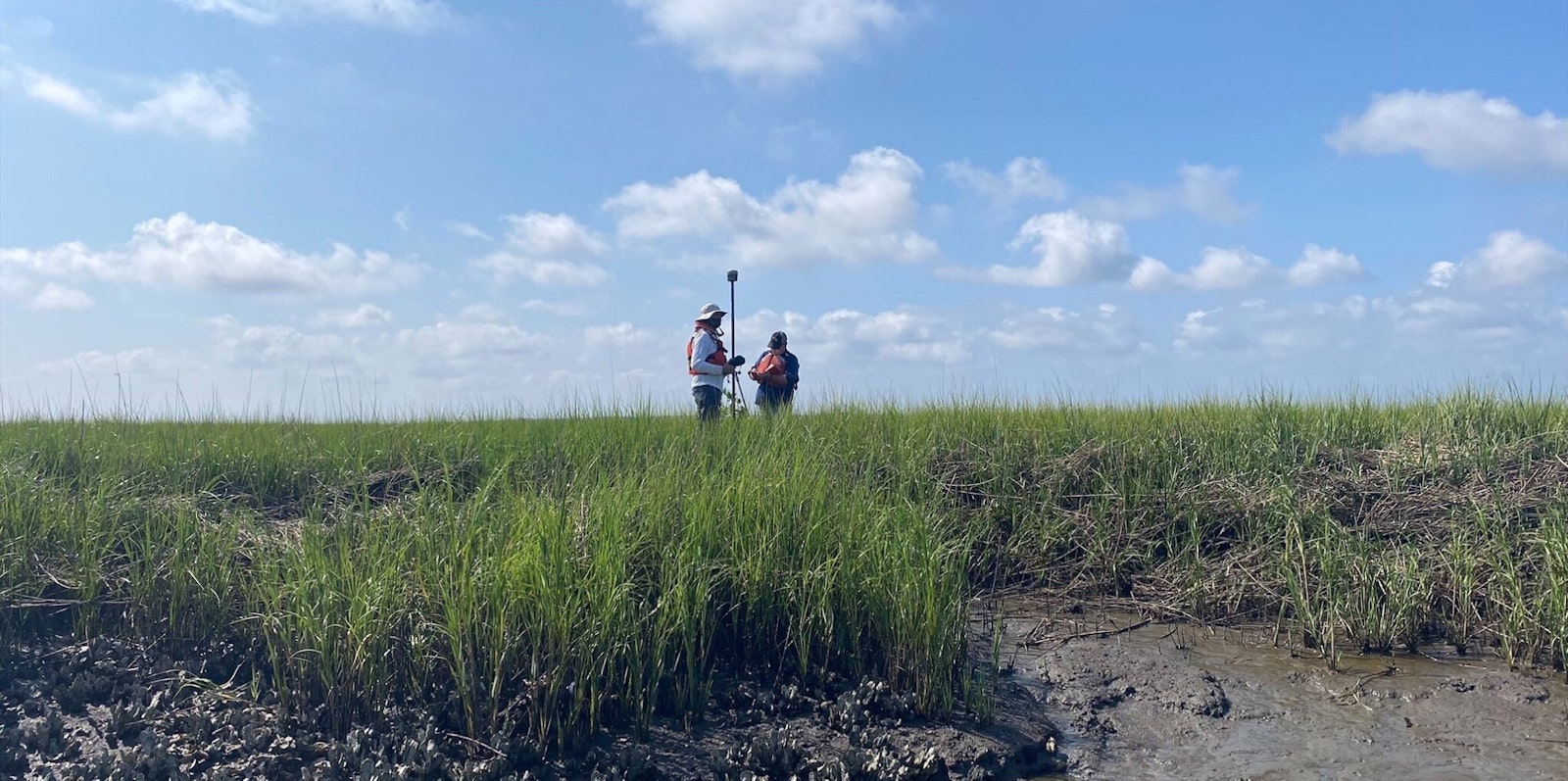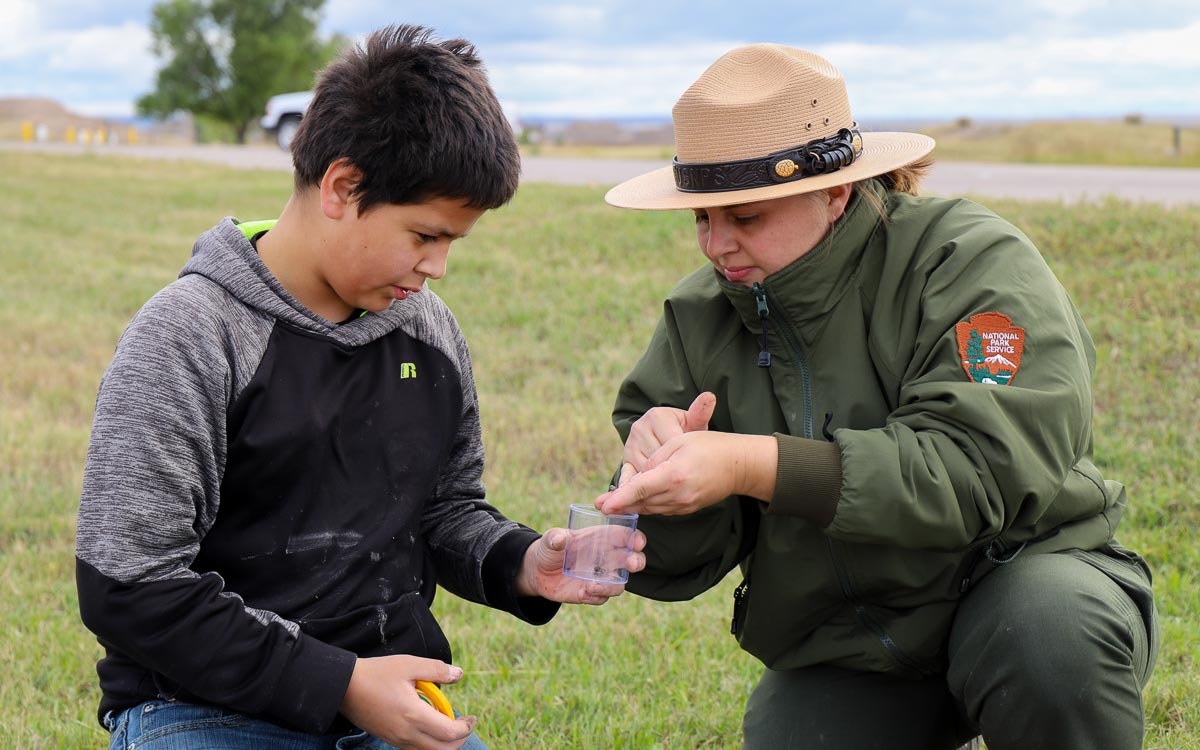
Field Science
.
.
Introduction
Bringing science to life in living laboratories.
Science is so much more than white coats and beakers. National parks are magnificent living laboratories that show us the vast and dynamic natural world and serve as great classrooms for those seeking to learn about the world around us. Field Science provides students and teachers alike the opportunity to enter into these living classrooms, encouraging collaboration between schools, local and national parks, and park partner organizations across the country.
Field Science, formerly Citizen Science 2.0, began in 2017 with a three-year pilot program, thanks to generous support from the Veverka Family Foundation. By 2020, 36 schools from across the country had the opportunity to bring students and teachers to local national park sites to explore science lessons, including watershed health, wildlife monitoring, and more. NPF’s Field Science program helps teachers gain a greater confidence in using parks as science classrooms and enhances students’ understanding of scientific concepts and introduces them to future career opportunities in our national parks.
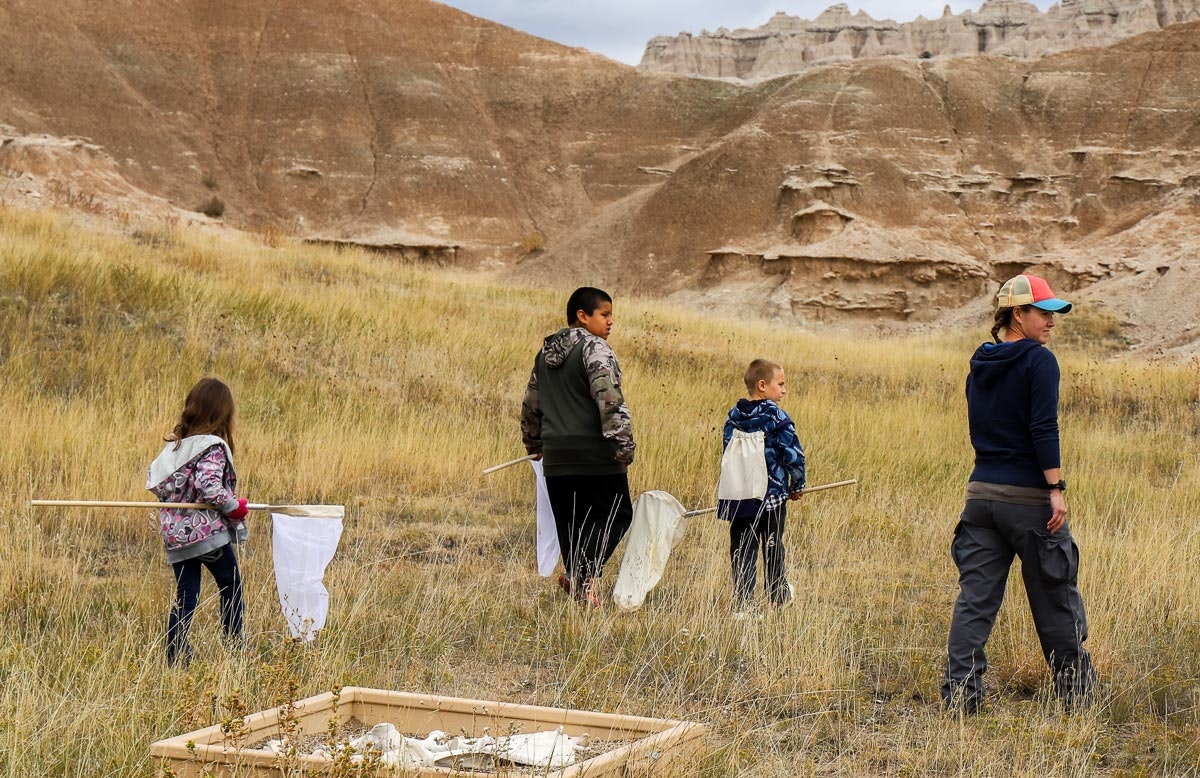
By the Numbers
-
8National Park SitesDuring a three year pilot study across 8 national park sites, teachers were able to engage 6,064 students through field studies activities.
-
7,000StudentsIn 2018, 7,000 students visited Jean Lafitte National Park and Preserve to participate in Field Science programming at the park’s outdoor “laboratory."
Program Highlights
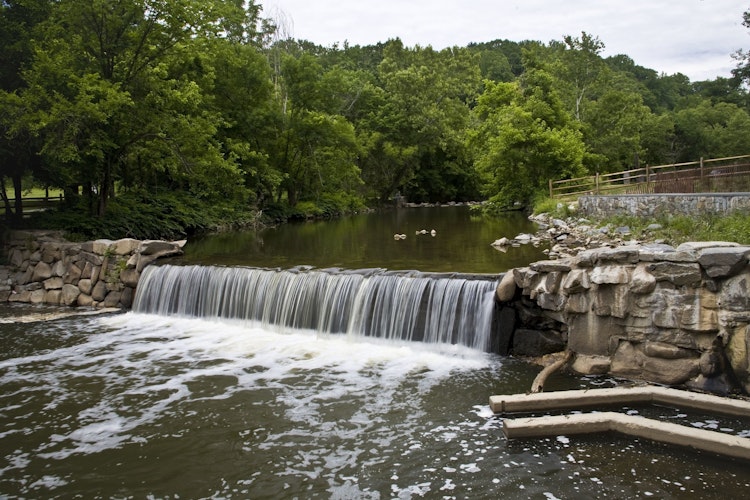
Working with the Audubon Naturalist Society and Rock Creek Park, Montgomery County Public Schools (MCPS) Maryland created a curriculum module on the chemistry of Nitrogen cycling as part of the high school chemistry program. Students tested water nitrogen levels and monitored stream quality at locations throughout Rock Creek Park.
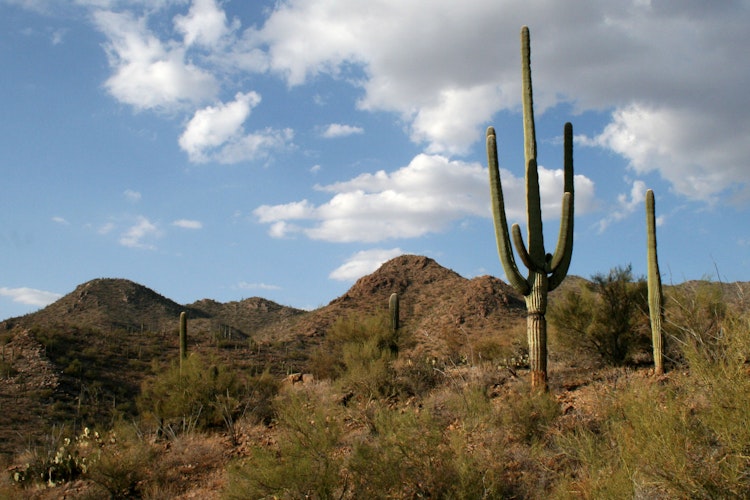
Through a collaboration between Sunnyside School District, Ironwood Tree Experience, and Saguaro National Park, teachers and students from the greater Tucson area collected and analyzed data from saguaro cacti alongside experts in the field. A keystone species for this area, thorough collection and analysis of data is essential in improving protection strategies.
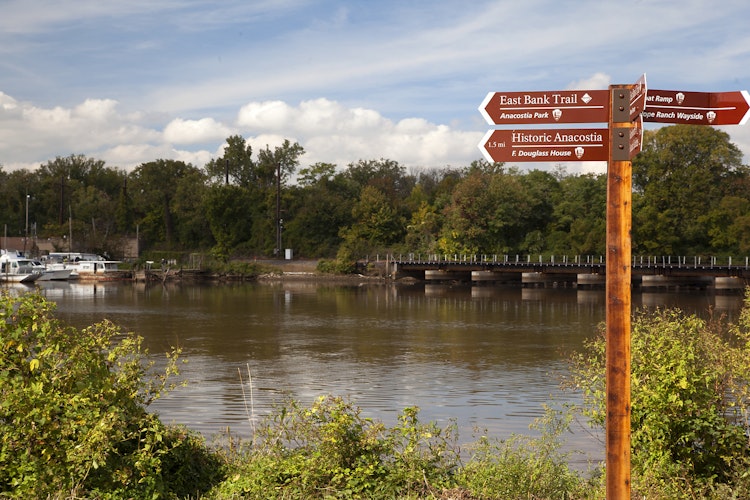
During the 2019-2020 school year, over 400 second grade students went to Anacostia Park to collect data on the freshwater mussel as part of the park’s ongoing restoration project that seeks to reintroduce 35,000 native mussels to the watershed. The students are helping to raise the mussels and monitor their growth.
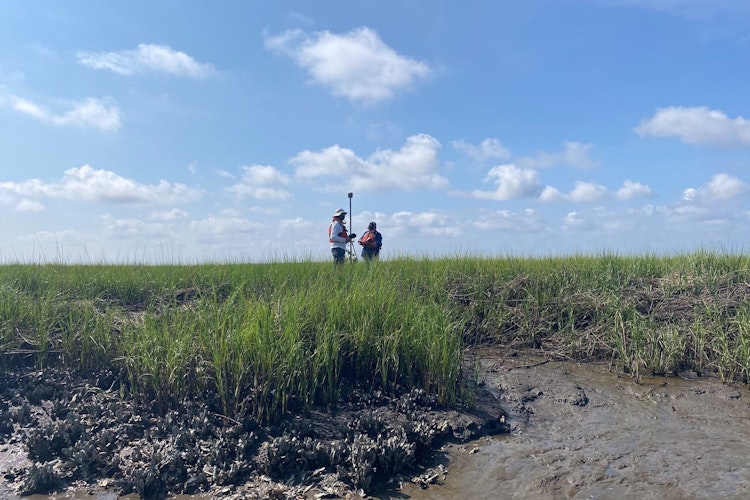
Using findings from the three-year pilot program funded by the Veverka Family Foundation, Citizen Science 2.0, NPF supported the creation of a Field Science program guide for educators, partners, and organizations looking to implement place-based science education as part of their curriculum. The guide offers great guidance in setting up place-based science education efforts, as well as tools for navigating adaptations due to unique situations or unexpected change.
